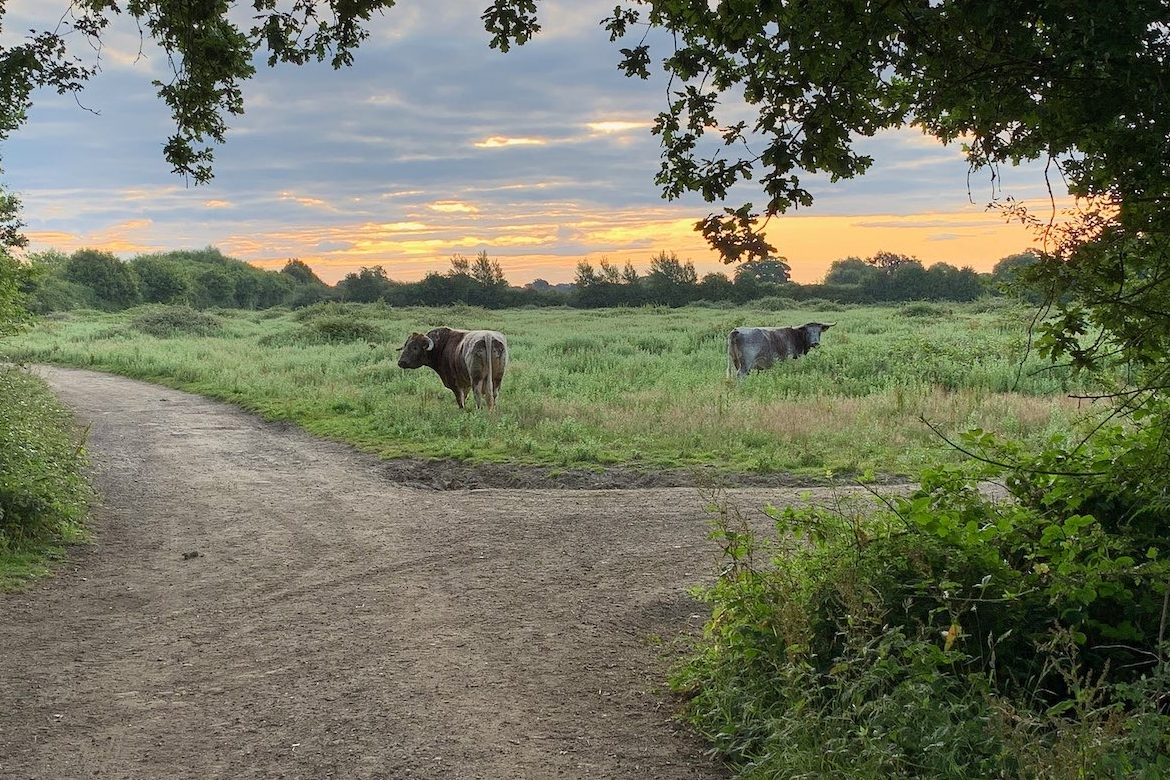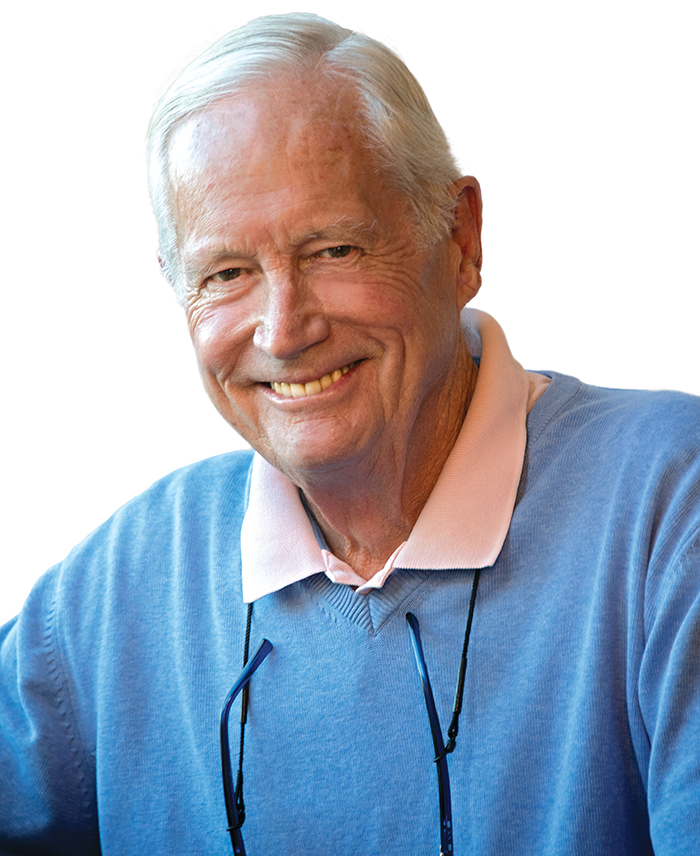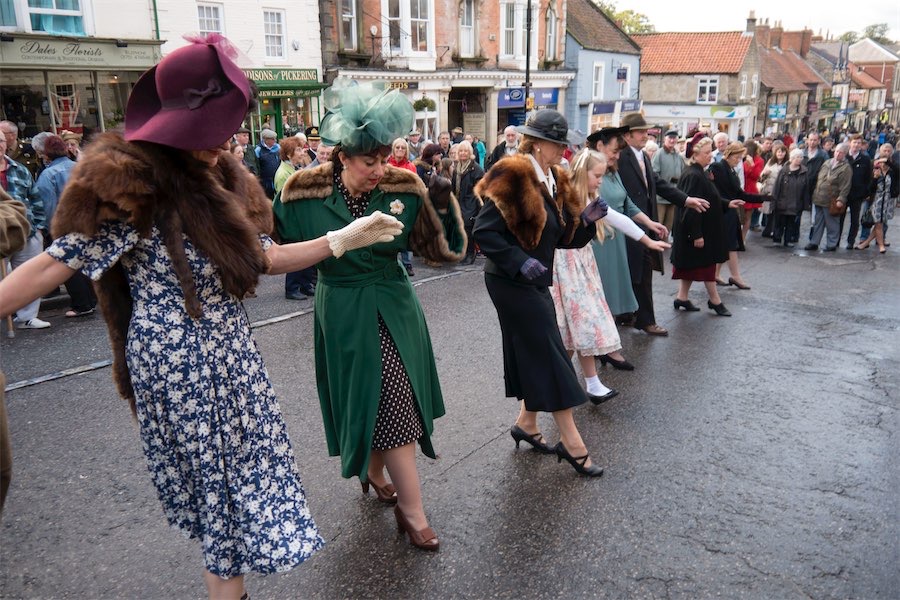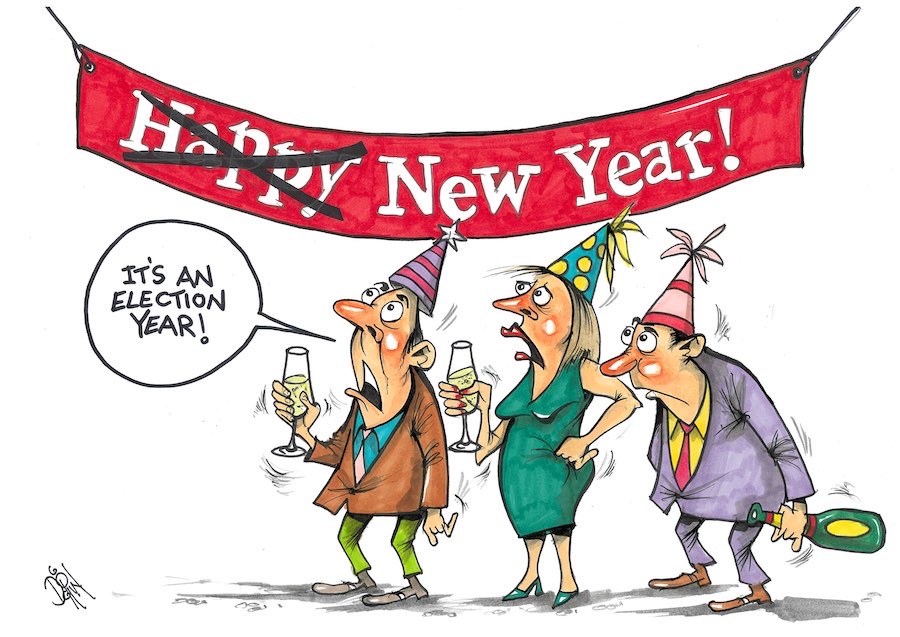
MY long-time friend and fellow author, Peter Thompson, was recently strolling in Hyde Park, London, where he now lives (appropriately) in Thackeray Street, when he came upon a scene that stopped him in his tracks.

Peter’s a regular London walker and it takes a lot to surprise him. The last time I accompanied him on one, the actor Bill Nighy crossed the road to chat (that was my turn to stop in the figurative tracks!).
What absolutely stunned Peter this time was the appearance of a series of “rewilding projects” in the western area of the park, which had escaped his attention for several years.
“They have turned whole acres into medieval forest,” he says, “with thick undergrowth and huge dishevelled oaks dripping with vines to form such a barrier of foliage that you could get lost in there.
“This sort of scenery disappeared under Capability Brown, who landscaped everything and turned the forests surrounding great country houses into the sort of characterless parkland that we see in Jane Austen movies.”
I have since learned of other similar projects in Europe, Scandinavia and North America with the same general philosophy. The revelation could hardly have come at a more opportune time since, as mentioned in an earlier column, I’m writing the first biography of our own great arborist, horticulturist and gardener, Charles Weston who between 1913 and 1926 planted some three million trees and shrubs in Canberra and its surrounds in pursuit of his “dream city”.
His task, for which he’d trained 17 years in Britain, rising to the top of their massive garden industry, then a further 15 in Australia at the Sydney Botanic Gardens before creating what his obituarist in 1935 called Canberra’s “green mantle”.
But it’s very much more than decoration for the bush capital, nor even a fortress against the worst effects of climate change. What Peter’s observation confirms is a movement – of which Charles Weston was a pioneer – to bring the world back to health by revisiting the past and learning from our fatally mistaken greed and wilful ignorance.
When Weston first ventured to the Capital site in 1911, he was confronted by a landscape ravaged by the early colonial settlers who ringbarked every tree in sight and whose sporting compatriot Thomas Austin in Winchelsea, Victoria, in 1855 had released 13 European wild rabbits – specially collected by an English relative. The voracious herbivores had by then become a great grey tide across the Limestone Plains. Weston’s massive reafforestation would have to begin with their elimination.
Today there’s now a gradual realisation that to save the planet and our place within its natural habitat we need to appreciate the mistakes we have made and to seek the wisdom of our forebears. And in the Great South Land we occupy, the opportunity is at last at hand to make our contribution. In simple terms it’s a “Yes” vote in the referendum for the Voice.
On a different authorial issue, I’m delighted to report that my biography of the late Trevor Kennedy has now been privately published. Born in far off Albany, WA, Trevor turned “The Bulletin” into Australia’s must-read news magazine, rose to head Kerry Packer’s Consolidated Press, including “The Women’s Weekly” but they fell out over the attempted takeover of the Fairfax newspapers. He and Malcolm Turnbull then became multi-millionaires as pioneers of Australia’s first email company; and Prime Minister Paul Keating offered Trevor the post of ambassador to Washington DC.
I understand that if there’s sufficient public interest, the publisher will make it available online and print on demand.
Who can be trusted?
In a world of spin and confusion, there’s never been a more important time to support independent journalism in Canberra.
If you trust our work online and want to enforce the power of independent voices, I invite you to make a small contribution.
Every dollar of support is invested back into our journalism to help keep citynews.com.au strong and free.
Thank you,
Ian Meikle, editor



![Canberra’s woodchopping association – the Hall and District Axemen’s Club – is rebranding to Capital Country Woodchopping.
“We didn’t want to be exclusively a Canberra association and we deliberately left any gender-specific wording out in the new name,” says president Cheyanne Girvan, 32.
“We also went a different [way] to other associations under NSW by not including ‘association’ in our name.”
Four years ago the Hall and District Axemen’s club’s membership was 25.
Cheyanne says this name change will give the club the versatility to grow into other areas and on to greater things.
To read on about Cheyanne's story with the woodchoppers, visit our website at citynews.com.au or click the link in our bio!
@@capitalcountrywoodchopping
#woodchopping #woodchoppinggirl #woodchoppingaustralia #axemen #axewomen #woodcutter #canberrastories #storiesthatmatter #citynews #journalism](https://citynews.com.au/wp-content/plugins/instagram-feed/img/placeholder.png)
Leave a Reply